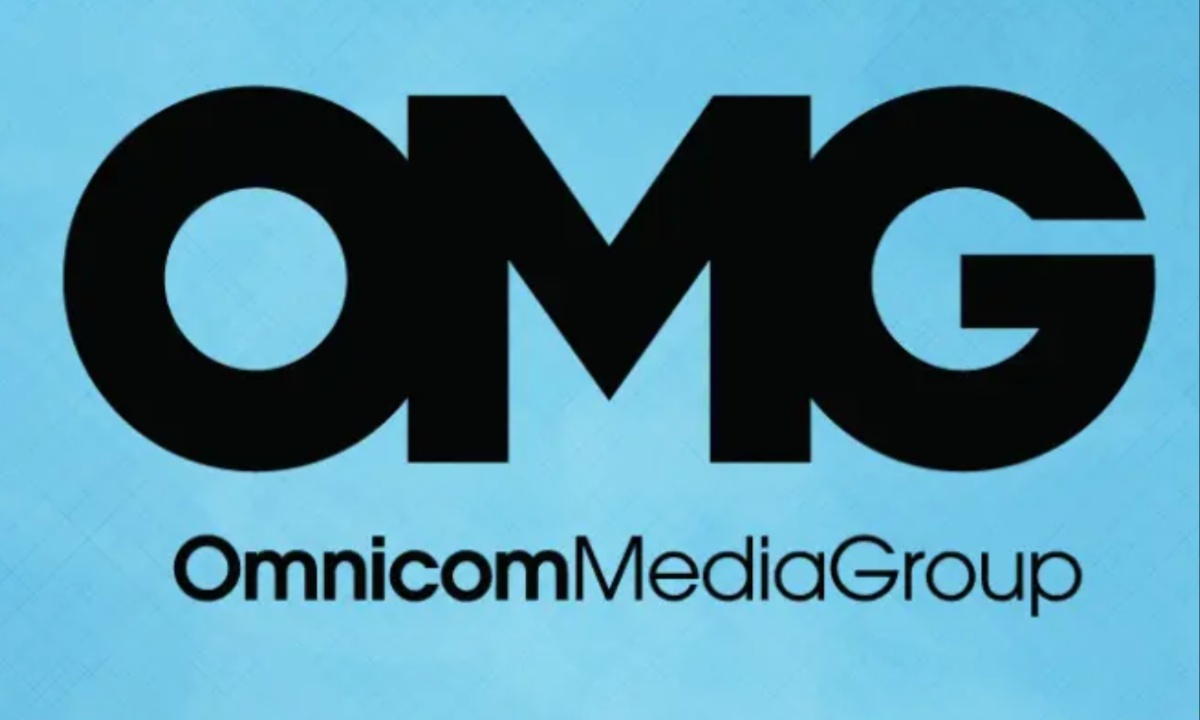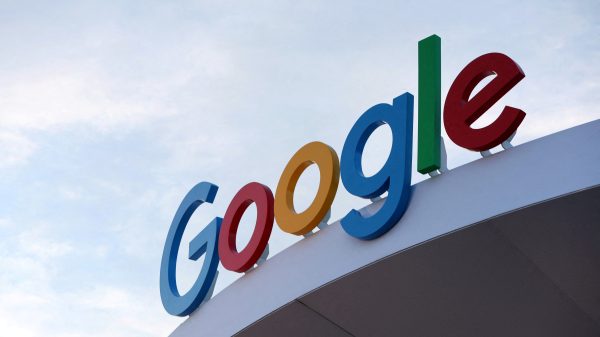Omnicom Media Group (OMG) is taking proactive steps to address transparency issues in digital advertising, particularly focusing on the opaque nature of ad auction processes. OMG has been collaborating with various industry organizations and auction firms to set standards in the $600 billion ad auction marketplace.
This effort is aimed at bringing more clarity to how artificial intelligence (AI) is being applied in ad buying, specifically in the automated decision-making processes of digital platforms. By establishing these standards, OMG seeks to protect advertisers’ interests and ensure greater transparency in how ad auctions operate.
The initiative, known as OMG’s AI Buying Agent standardization project, is designed to ensure that platforms developing automated ad products do so with advertisers’ objectives in mind. OMG has reached out to major platforms, asking them to complete a compliance assessment to evaluate their adherence to certain transparency and ethical standards.
Although all major platforms have agreed to participate, none have allowed their names to be disclosed. This project is part of OMG’s broader efforts through its Council on Accountability and Standards in Advertising (CASA), specifically through its AI Buying Agent subgroup.

Omnicom Media Group Advances Transparency Standards in AI-Driven Ad Auctions to Protect Advertisers
According to Joanna O’Connell, OMG’s chief intelligence officer, AI-led automation in ad auctions goes beyond price setting and impacts areas like audience targeting, placement, and creative decisions.
OMG’s goal is not necessarily to mistrust these automated systems but to better understand how they operate so that advertisers can make more informed decisions. The lack of transparency around how these decisions are made makes it difficult for advertisers to assess the true value of their investments in these platforms.
OMG hopes to develop and promote recommended standards for digital ad auctions. These standards include advertiser control over placement and bid strategy, transparent reporting on audience delivery and performance, and third-party verification of auction outcomes.
Additionally, they aim to shed light on potential conflicts of interest, where platforms may prioritize their own financial gains over advertisers’ best interests. Ben Hovaness, OMG’s chief media officer, pointed out that different companies, like Google and Meta, may have differing design philosophies in their AI agents, and OMG wants to provide clarity on these distinctions.
Finally, OMG’s efforts align with broader industry concerns, including Google’s ongoing antitrust trial, where issues of control over both buying and selling inventory have been raised. Although OMG’s work may not directly influence the trial’s outcome, it seeks to offer advertisers more choice and control by revealing potential conflicts of interest within these platforms.
OMG is also engaging with the Media Rating Council to integrate some of its findings into the broader Auction Standards Program, ensuring that as AI becomes more prevalent, advertisers can maintain control over their data and campaigns.









































